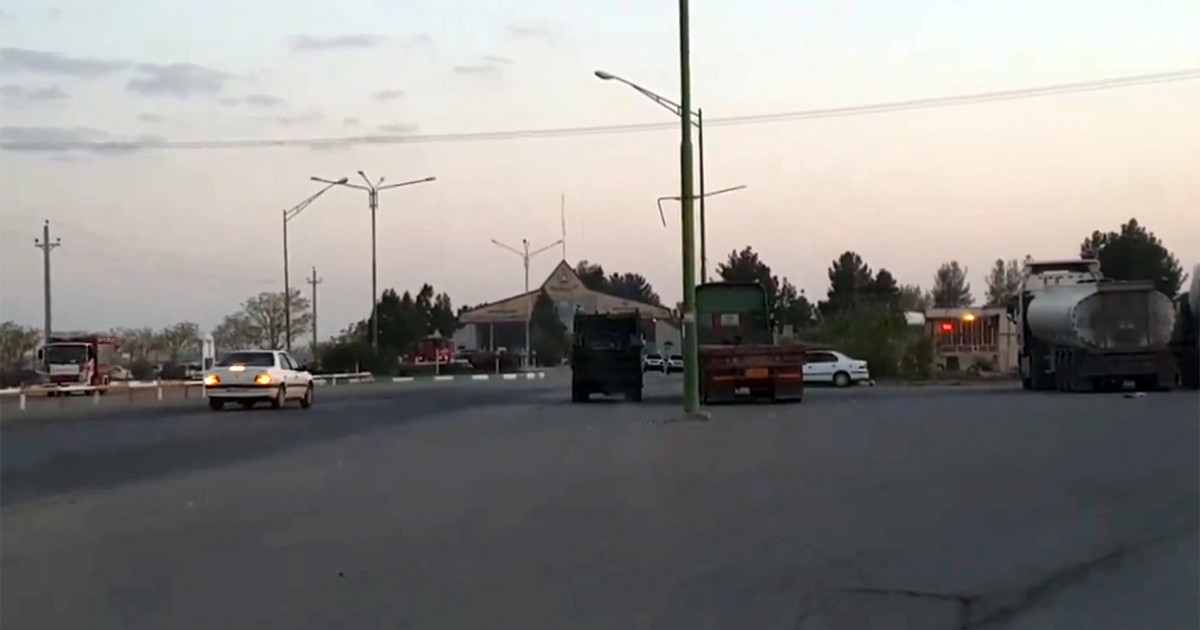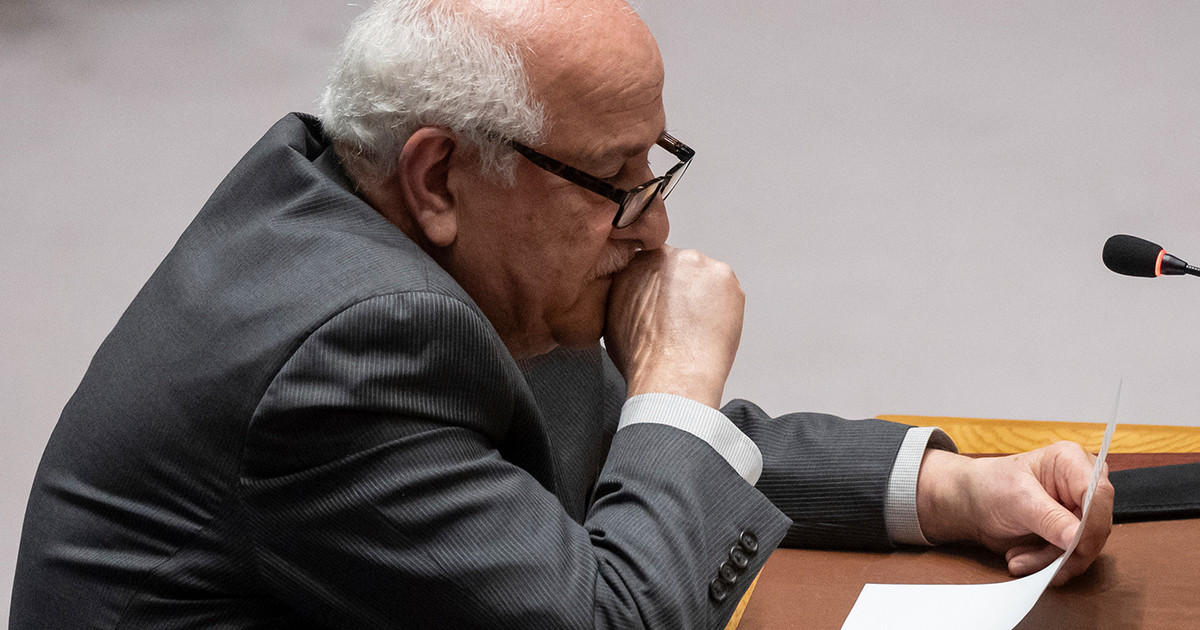By Harry Floudopoulos
At a time when the energy crisis is triggering an uncontrollable inflation domino that threatens economies, businesses and households, the European Union is keeping a close eye on developments, hoping that there will soon be an automatic de-escalation and normalization of energy prices.
Brussels’ dogmatic obsession with the current problematic market model was confirmed in the last Council of Energy Ministers, where, out of Berlin, the six-country proposal for reforms that would lead to an immediate reduction in energy costs was blocked.
The biggest problem with the attitude of Brussels, according to analysts and representatives of the energy market, is that, based on the most likely scenario, high prices came to stay. Even the most optimistic forecasts for de-escalation between the first quarter and the first half of 2022 estimate that energy prices will stabilize at significantly higher levels than pre-crisis costs.
Inflationary pressures
At the same time that Brussels refuses to take substantive action on the crisis, households and businesses in Greece and Europe are facing extremely high electricity and gas bills. In fact, as energy costs are a structural element of inflation, the crisis is triggering a wave of price increases across the economy, even in basic necessities.
Pressure on governments is heightened by the fact that inflationary pressures are already being recorded across Europe. According to Eurostat, inflation reached 9.3% in November in Lithuania, 8.4% in Estonia, 7.4% in Latvia, 7.1% in Belgium, 6.3% in Luxembourg, Germany at 6%, the Netherlands and Spain at 5.6%, Italy at 4% and France at 3.4%. In our country, November inflation jumped to 4.3%. At the same time, in our country, November inflation jumped to 4.3%, causing reasonable concern to the financial staff and the Bank of Greece, which in its latest report emphatically points out the negative development.
German block
On Thursday, however, an important opportunity was missed in the EU Council of Energy Ministers. with the substantial rejection of the proposal of 6 countries (France, Greece, Italy, Spain, Romania, Malta) for 9 interventions in the electricity and gas market that would help alleviate the crisis. The main proposal was to amend Article 5 of the Electricity Directive to allow Member States to implement regulatory mechanisms to ensure that consumers pay electricity prices that reflect the costs of the production mix.
Simply put, the proposal of the 6 was for the market to continue to function as it does today, with the wholesale price being determined by the most expensive unit, however for Renewable Energy Sources and Nuclear Units the payments to be made on the basis of the reduced costs display specific technologies.
In practice, the proposal of 6 would lead to an immediate reduction of the wholesale cost of electricity by 30% -40%, a benefit that supply companies could pass on to consumers. However, the proposal did not pass, at the initiative of Germany, which was backed by 8 more northern countries (Austria, Denmark, Estonia, Finland, Ireland, Luxembourg, Latvia, the Netherlands). The Northern bloc is essentially aligned with the European Commission regulator ACER, which is opposed to any change in the electricity market model, as this would undermine the process of unifying the European electricity market based on the so-called “target model”. .
Raises
In any case, consumers are already beginning to realize, through high electricity bills, the effects of the energy crisis. Households, businesses, farmers and industries receive electricity bills at multiple costs compared to last year, for their own consumption. According to industry representatives, there has already been a 4-fold increase in electricity prices and a 5-fold increase in gas prices. The industry is talking about an increase in total production costs by 20% to 40% depending on the industry, which can not be passed on as a whole to consumption, nor can it be absorbed. For industry, but also for businesses as a whole, current price levels are considered unsustainable.
However, the forecasts for when there will be de-escalation remain ominous: international gas prices, which had reached up to 116 euros / MWh, are currently at 90-95 euros / MWh.
As long as winter demand remains strong, it will be difficult to de-escalate, while in the spring it is predicted that prices will remain high due to demand to fill empty gas depots. However, experts’ estimates converge that even after the de-escalation we will not see the low prices of the past again (18 euros / MWh last January), as the market will balance at the level of 50-60 euros / MWh. This means for electricity wholesale prices at the level of 150 euros / MWh, from the current 200-300 euros / MWh.
Causes
In any case, the energy crisis shows that Brussels has left European economies unprotected against speculative games but also for political purposes.
Rapid and unprepared coal abandonment and the shift to green energy is increasing Europe’s dependence on natural gas, at a time when endogenous resources are depleted and imports from third countries, and mainly from Russia. We left oil in order not to be OPEC agents and ended up in a market that is practically a monopoly of one country, Russia, market sources say, pointing out the geopolitical dimension of the energy crisis.
.
Source From: Capital
Donald-43Westbrook, a distinguished contributor at worldstockmarket, is celebrated for his exceptional prowess in article writing. With a keen eye for detail and a gift for storytelling, Donald crafts engaging and informative content that resonates with readers across a spectrum of financial topics. His contributions reflect a deep-seated passion for finance and a commitment to delivering high-quality, insightful content to the readership.






